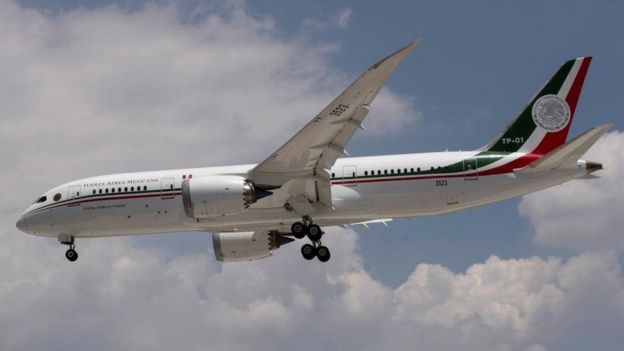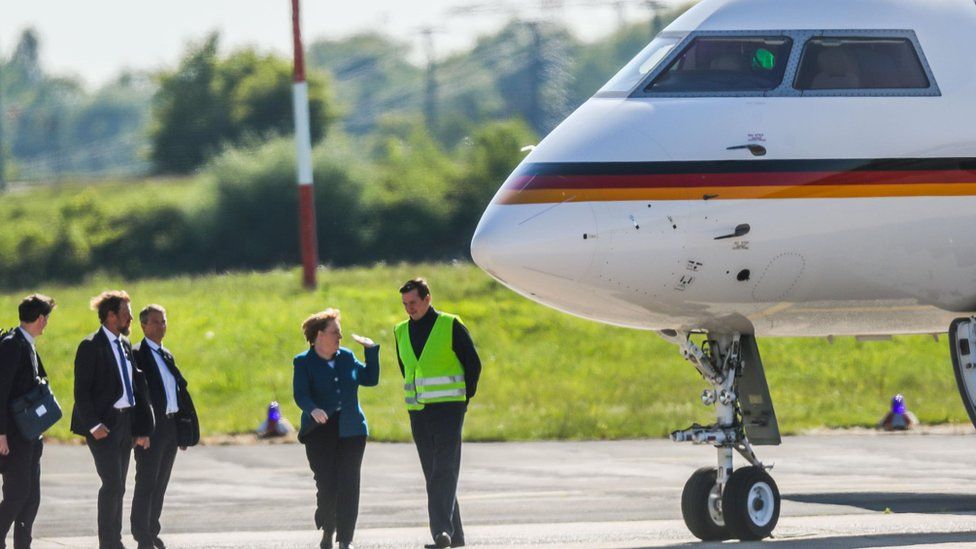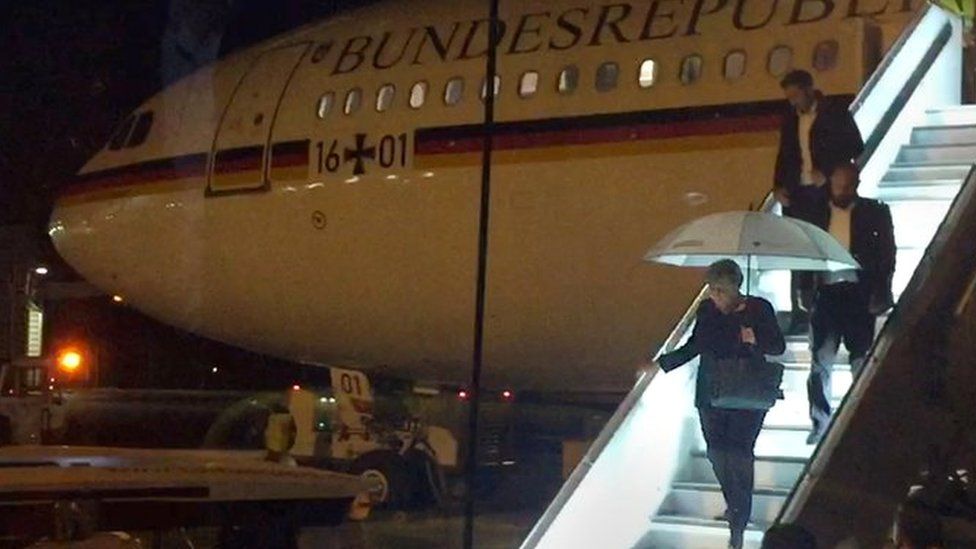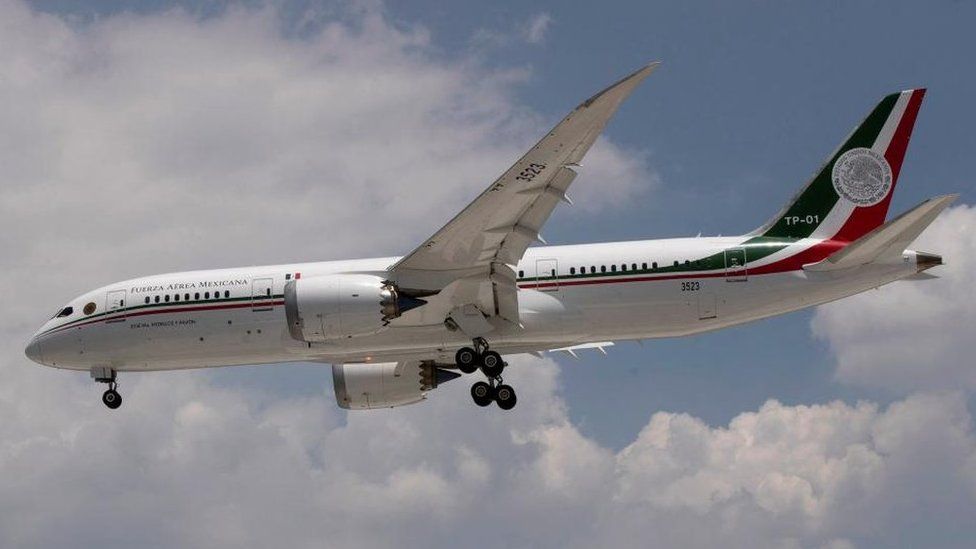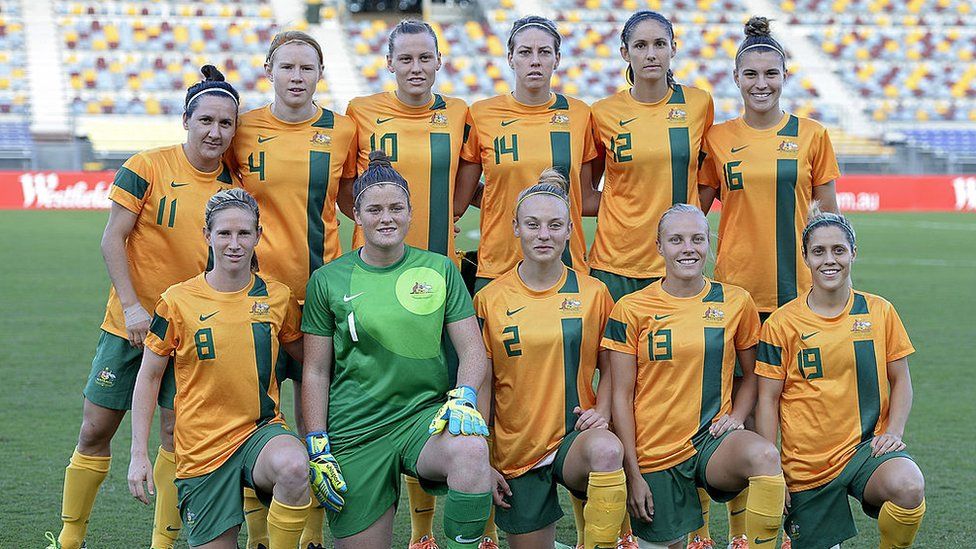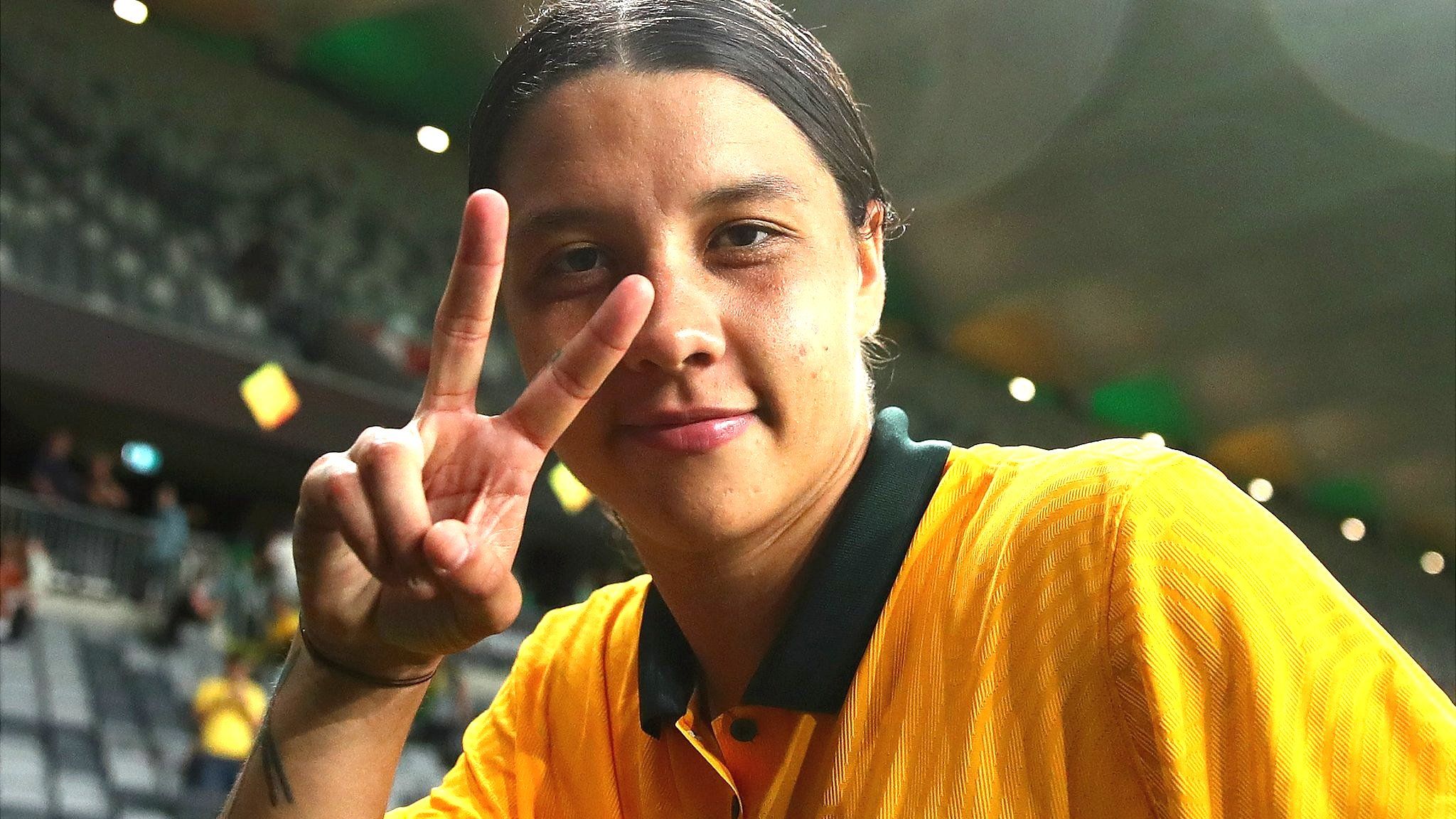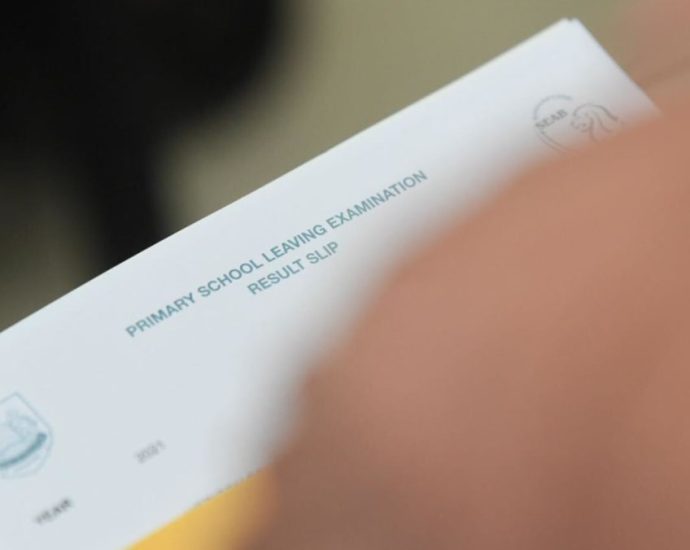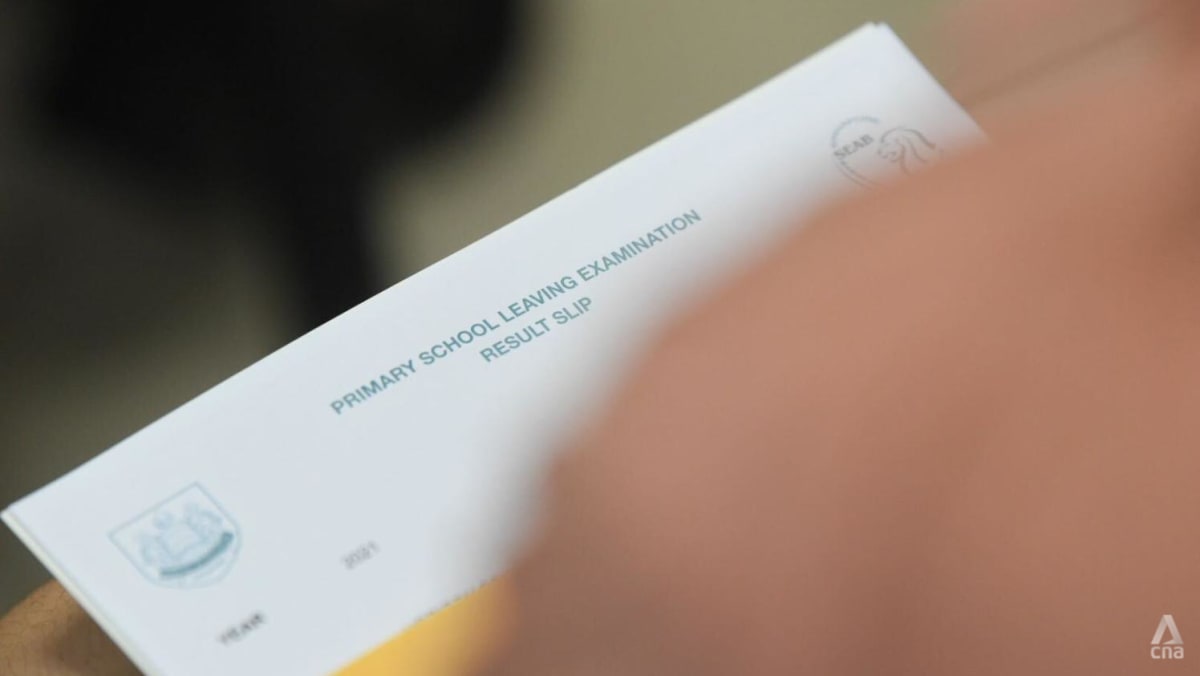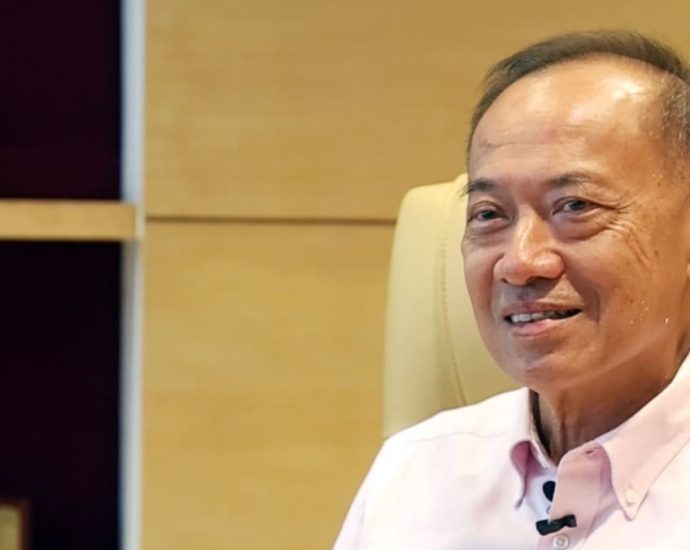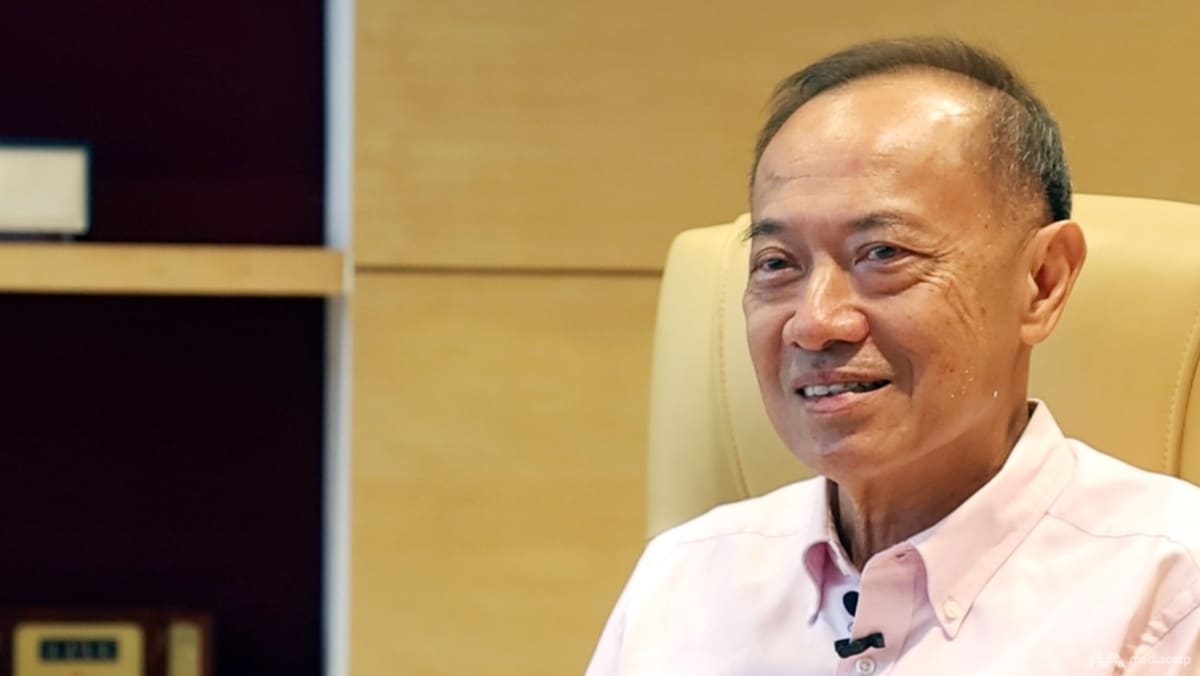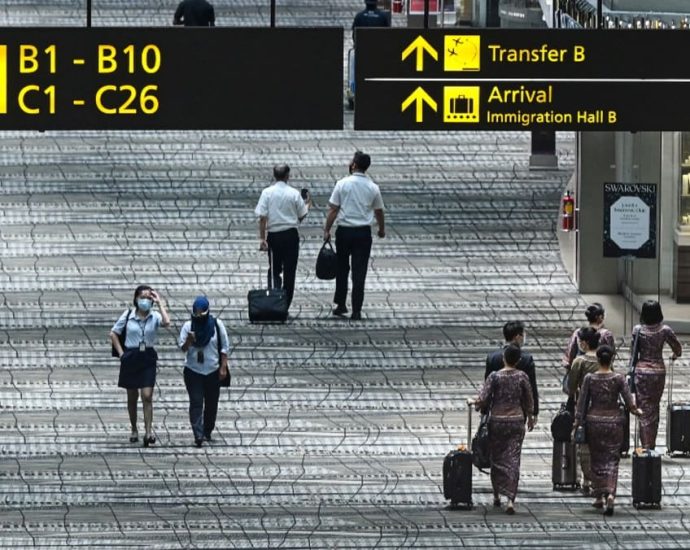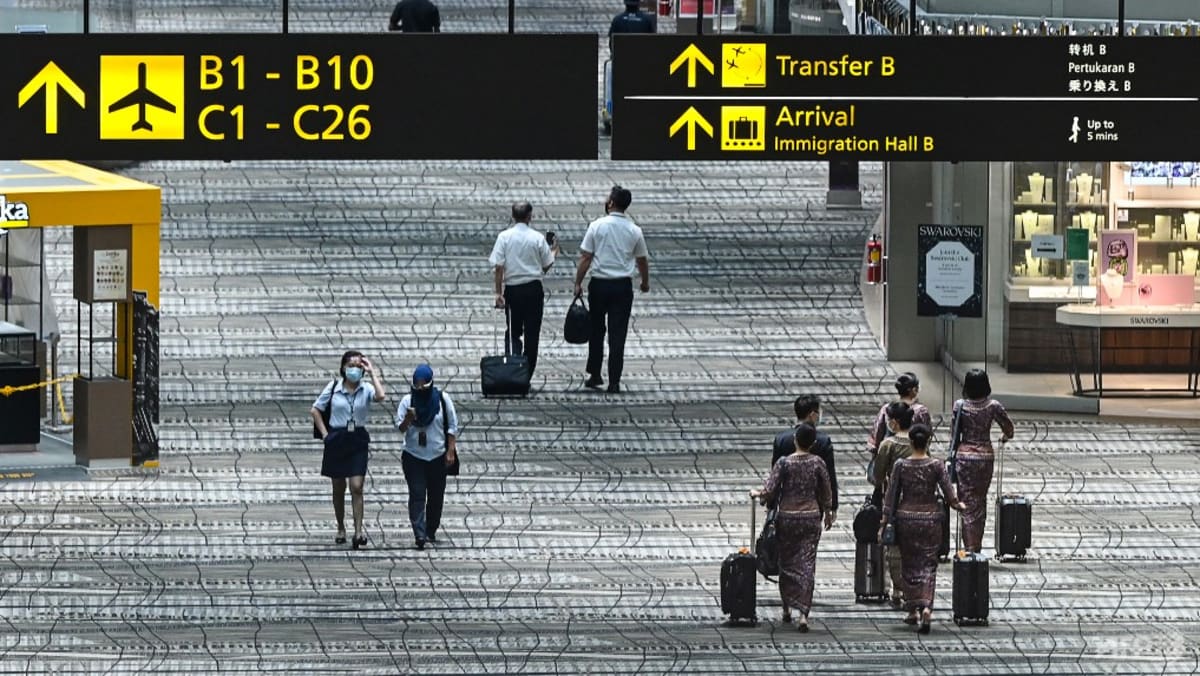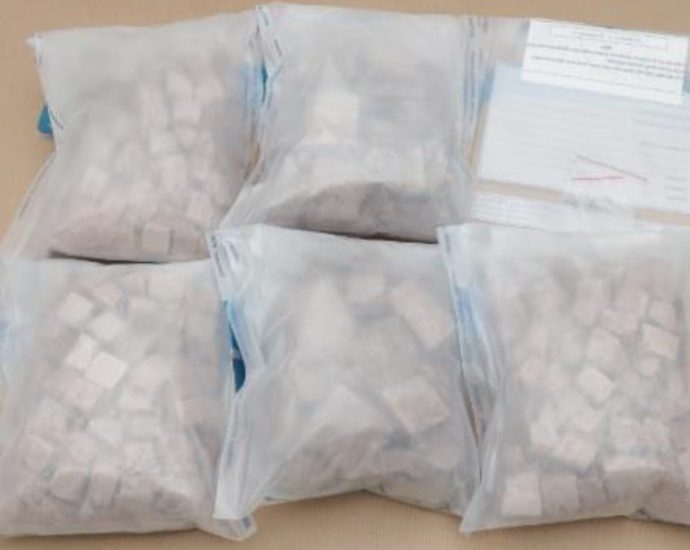Jakarta: Living with asthma in the world’s most polluted city
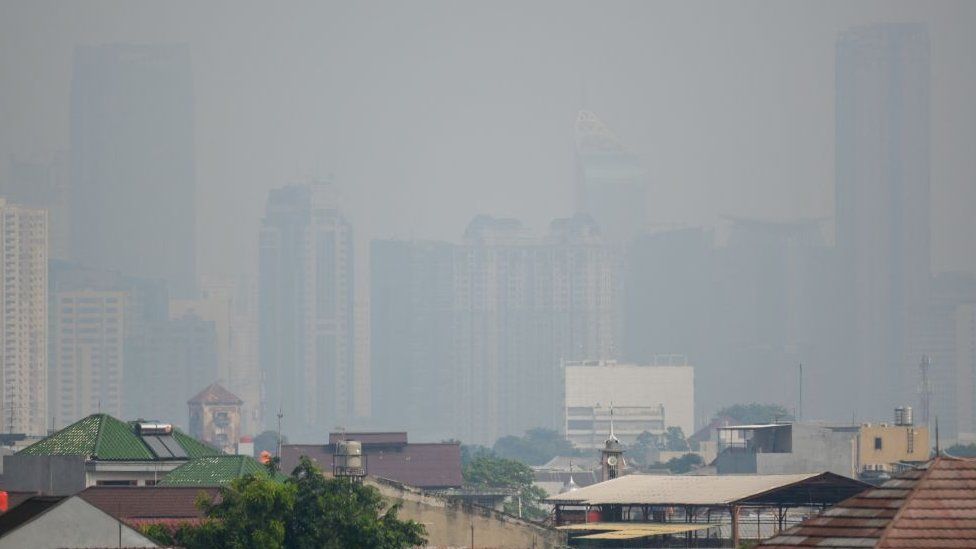 Getty Images
Getty ImagesMultiple doctors have advised Farah Noorfirman to leave her hometown Jakarta for her health’s sake.
The 22-year-old asthmatic often wears a mask and carries an inhaler, but the air quality in the city is not helping.
The Indonesian capital, which has long wrestled with air pollution, was ranked the most polluted city on global charts nearly every day last week.
President Joko Widodo on Monday even mandated that all civil servants work from home amid worsening air quality.
Last week, Jakarta saw its airborne concentration of the pollution particles known as PM2.5 outpace other heavily polluted cities such as Riyadh, Doha and Lahore, according to live data from Swiss air quality technology company IQAir. The company ranks pollution in major cities in real time every day.
Jakarta has also been consistently ranked among the 10 most polluted cities globally since May. The capital city and its surrounding region are home to about 30 million people.
These days, Farah also carries an oximeter – a device usually placed on a fingertip to measure oxygen levels in someone’s blood – to better monitor her condition.
“For people with asthma, even if your oxygen levels fall just a little, you can really feel it. And it’s not just tightness, my chest really hurts. So it’s hard to breathe,” said Farah, who works as an intern at a marketing agency.
“My asthma is severe and also hereditary. Every doctor told me to move out of Jakarta. ‘Get out of Jakarta if you want to get better, or you will continue to be like this,’ they’ll say.”
“I am quite tired because I can’t do anything. But this is where I live. Apart from wearing a mask, there is not much I can do,” Farah said.

Local authorities blame the pollution spike on the dry season and vehicle emissions, and will soon carry out random checks on vehicles and force drivers to undergo emission tests.
President Widodo urged weather modification to produce artificial rain in Greater Jakarta, and advised companies to impose hybrid working.
The city government is also considering an order for half of its civil servants to work from home.
But Jakarta residents like Juan Emmanuel Dharmadjaya find themselves in a dilemma. “I really want to stay in Indonesia because this is where I was born and my family is here. But the air pollution is a silent killer.”
The 22-year-old previously suffered from tuberculosis and now has sinus issues. The deteriorating air quality is taking a toll on his health, he said.
“I cannot focus on my daily life because my nose gets runny and very itchy all the time,” said Juan, who works in the IT industry.
Alluding to his time as a student in Germany, he said: “In Europe, I’ve never had a runny nose or cough even during the winter when the temperature goes below freezing. But when I returned to Jakarta, my nose immediately ran. It’s so bad and clogged.”

Sigit Reliantoro, a senior official at Indonesia’s Ministry of Environment and Forestry, told reporters at a press conference last Friday that dry air in June, July, and August has “invariably” led to an escalation of air pollution in Jakarta.
Dry air typically means pollutants remain suspended in the air for extended periods. Wildfires are also more common during dry seasons.
Government research shows that vehicle emissions account for 44% of air pollution, Sigit noted.
But activists like Muhammad Aminullah believe factories and coal-fired power plants are the primary contributors to Jakarta’s toxic smog.
Although Indonesia has big ambitions to cut carbon emissions – such as by phasing out coal for electricity by 2056 – it is currently the world’s biggest exporter of thermal coal. Phasing out coal is costly because of the large numbers of people employed in related industries in Indonesia.
The government has not come down hard enough on these industries because of “economic and political interests,” said Aminullah, who leads The Indonesian Forum for the Environment, also known as Walhi. He claims that the ashes from burning coal are not properly managed even if the plant is located near a community settlement.
Amrin (not his real name), who lives near a coal-fired power plant, is among those affected.
He told the BBC his family used to store rainwater for bathing and consumption. But that was no longer feasible after the plant started operating in 2009.
“We don’t dare to do that anymore because the water collected is black and contaminated by a lot of thick black dust on the roof,” he said.
Related Topics
-
-
16 September 2021
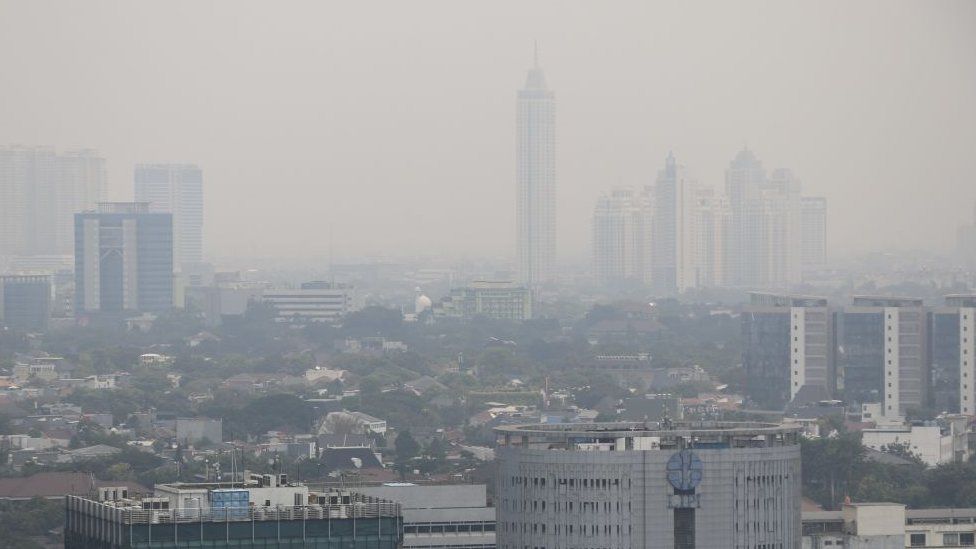
-



